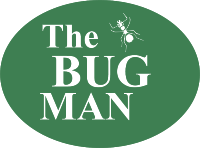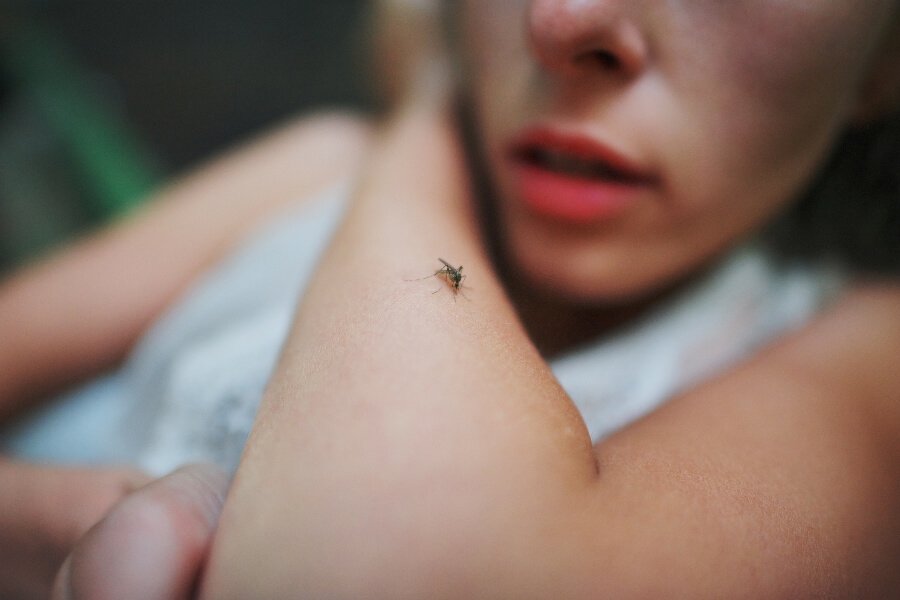A mysterious fungus has killed millions of bats in America. Bats are essential for controlling pests, especially mosquitoes. You may not know it, but bats are quite heroic. No, we’re not talking about the Dark Knight, a.k.a. Bruce Wayne, a.k.a. Batman.
We’re talking about the bats that need no special help from Alfred the butler or Lucius Fox. In the deep darkness of the midnight hours, bats patrol the skies. Pollinating crops and eating pests, bats sightlessly save farmers and consumers billions of dollars annually in pest control. In recent years, a one-two punch has knocked out millions of bats across America. The first blow comes from turbines at wind farms. Air pressure changes caused by the swirling, tumbling turbines cause the lungs of bats to explode and the swinging blades swipe bats right out of the sky. To combat this, researchers are trying to develop technologies to alert bats that wind turbines are in the area so they fly elsewhere.
The second lethal punch comes from a mysterious fungus called white-nose syndrome. Originating in Europe, it is unknown when exactly it came to America and who or what brought it “across the pond.”The fungus spreads during hibernation. Basically, when bats hibernate in the winter, their body temperature drops to match the coldness of the caves and caverns where they live. The cooler temperatures and the bats’ sleeping immune systems create the perfect conditions for the fungus to spread. Round by round, bat after bat is losing this bout. Once white-nose syndrome strikes one bat in a colony, it’s likely they’ll all die within a few years.
To prevent the spreading of white-nose syndrome, several states have closed caves and caverns to the public. Officials have also asked spelunkers, hikers and cavers to thoroughly clean their clothing and equipment before visiting a cave again. If you plan on visiting a cave in the near future, be aware that it may not be open because of this problem.
Consider the impact this way: Every dead bat is like 3,000 mosquito bites in one night. Ouch! That’s painful!
Have you noticed a decrease of bat activity and an increase of mosquito activity in your area? It could be because of white-nose syndrome.
At The Bug Man, we offer a mosquito service during the summer months.
Turn on the bat signal and we’ll come running to the rescue.
Or call us at 615.217.7284 to schedule an appointment. 🙂


